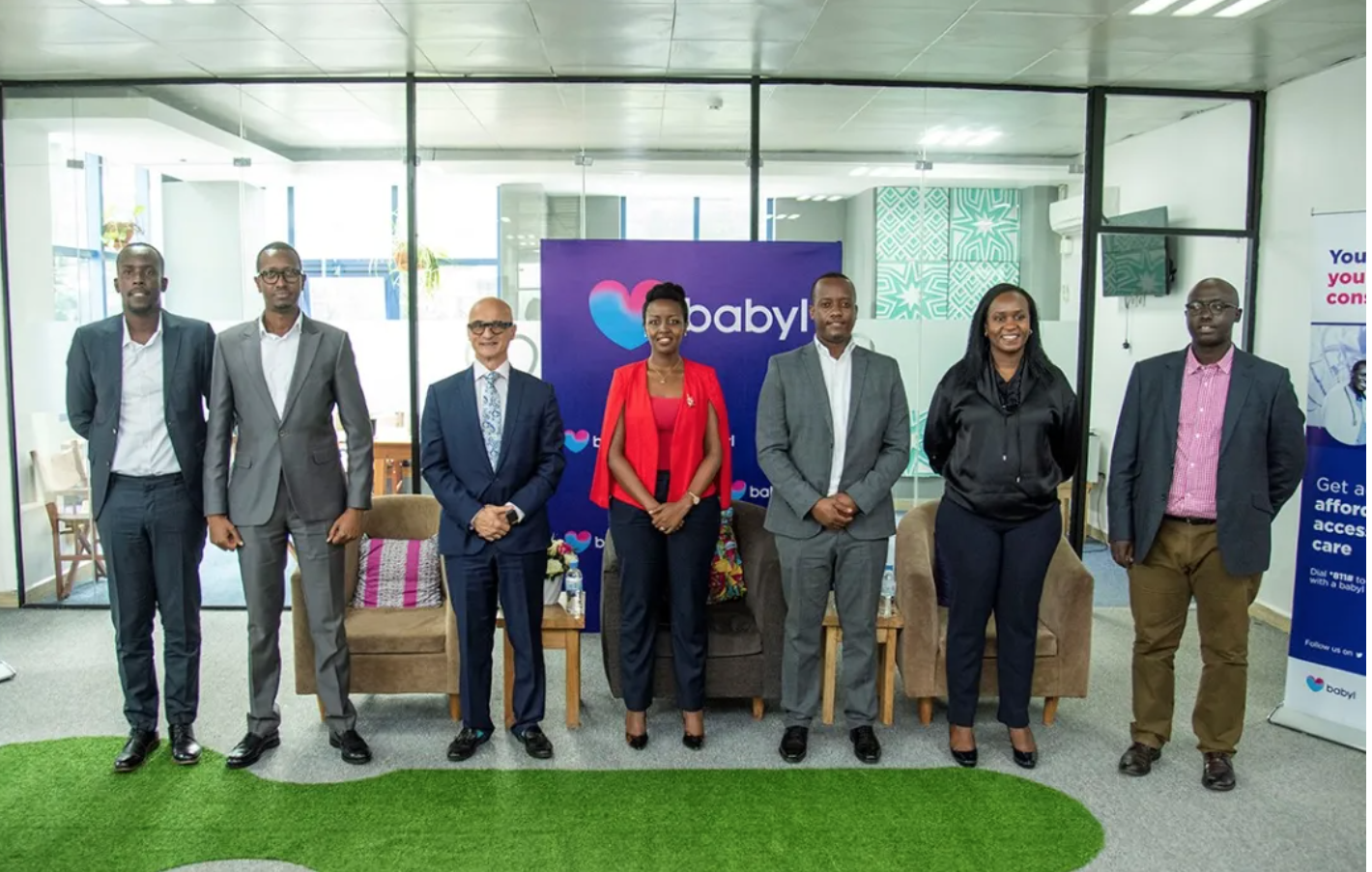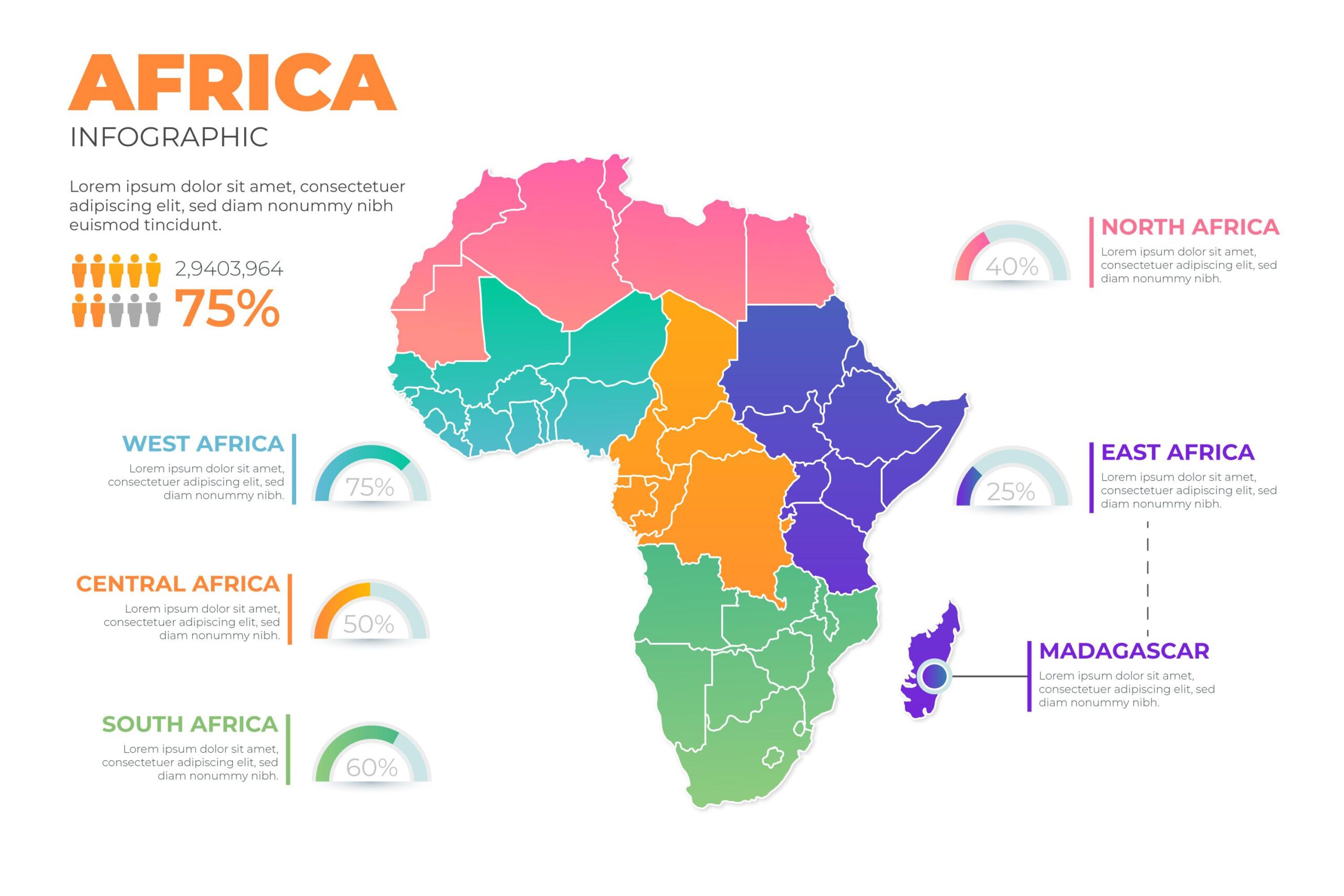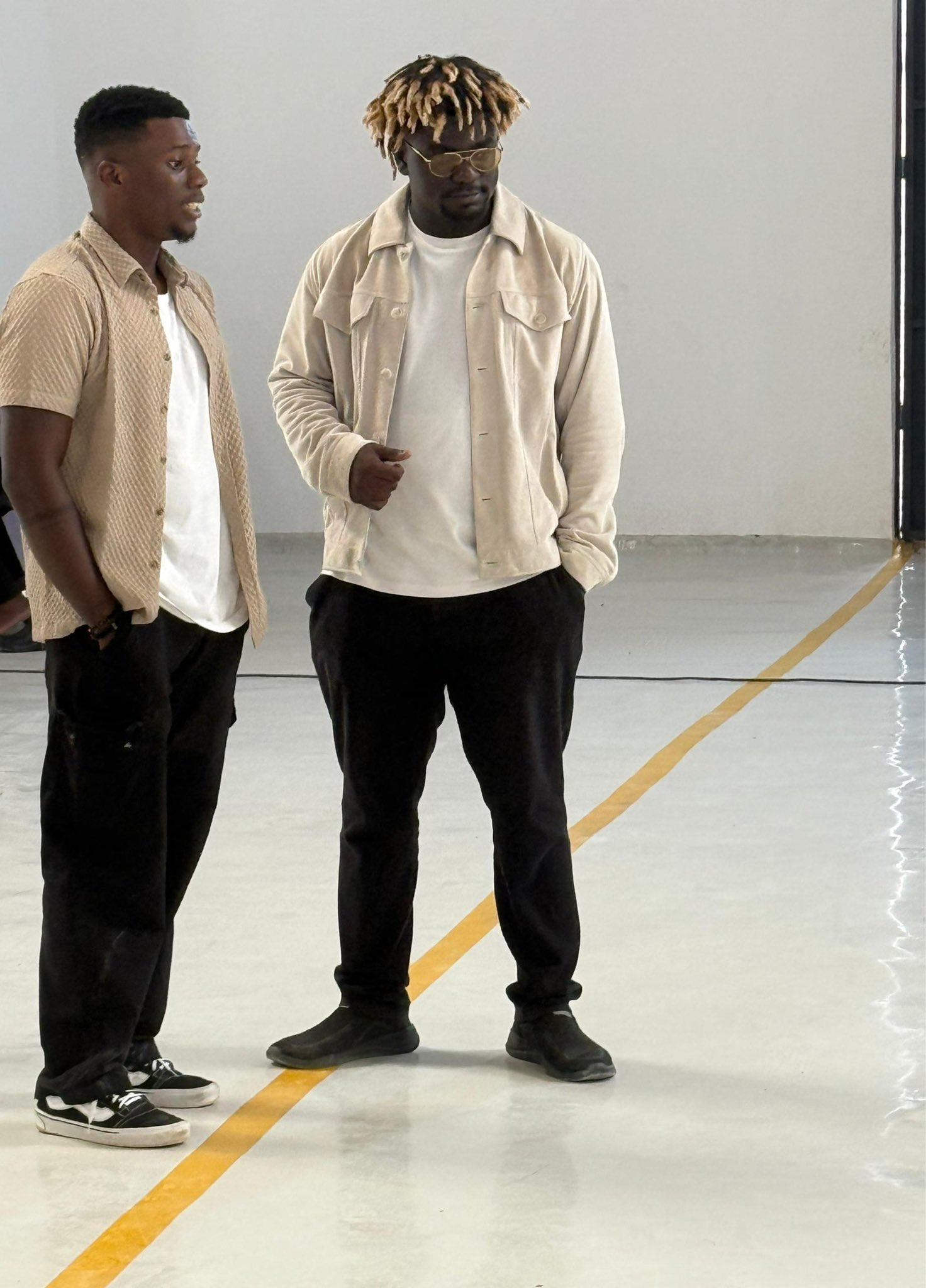“The reason I came out was that, I understood very quickly that most people’s healthcare requirements have very little to do with hospitals. It’s actually everything that happens before and after that matters. So, we sat back and asked, how can we take most of the care people need and put it on devices that most people already have and make it incredibly simple and affordable? That was the impetus for setting up Babylon.” said Dr. Ali Parsa, founder and CEO of Babylon
Babyl Rwanda, launched in 2016, entered the country with a mission to leverage mobile technology and artificial intelligence (AI) to make healthcare more affordable and accessible to everyone. In Rwanda, the service was uniquely designed for widespread reach, allowing users to access care via feature phones using USSD, SMS, and text-based AI triage tools, effectively enhancing medical access in communities with limited connectivity, However, despite its early success, Babyl Rwanda eventually shut down in 2023. This report seeks to trace the full arc of Babyl Rwanda’s journey -from its establishment, growth, and achievements, while also analyzing the challenges that led to its eventual closure in 2023. By examining this trajectory, the report highlights key lessons on the promise and limitations of AI in transforming healthcare in Africa.
The emergence and integration of Babyl into Rwanda Health System
Founded in 2016, Babyl Rwanda emerged as the local subsidiary of Babylon Health (UK), a global digital health company established in 2013 by Dr. Ali Parsa. Rwanda was selected as Babylon’s first African market largely because of its progressive digital health policies, strong government commitment to healthcare innovation, and the country’s rapid adoption of mobile technology. These factors provided an enabling environment for Babyl’s vision of delivering affordable and accessible healthcare through digital platforms. Babyl Rwanda offered mobile-based consultations via USSD codes to overcome Rwanda’s limited internet penetration. Patients could register, book consultations, receive e-prescriptions, and get referrals to labs or pharmacies using basic phones and by 2019, Babyl had registered over 2 million Rwandans, showing rapid adoption(3). Babyl was able to develop a series of tech tools to digitally-enable public health centers in the country, with the help of grants from the Bill and Melinda Gates Foundation.
In March 2020, Babyl signed a 10-year partnership agreement with the Government of Rwanda to integrate digital health services into the national health system. This partnership enabled consultations through national insurance schemes such as RSSB and Mutuelle de Santé, making services more affordable. Babyl’s approach aligned with Rwanda’s Vision 2050 of becoming a knowledge-based, tech-driven economy.
AI Innovations and Impact
Babyl-Rwanda launched its AI-powered triage tool in 2021, to further digitize the Rwandan healthcare system. The AI-powered triage tool was used by Babyl’s call center nurses to help them work more efficiently and make better, quicker decisions for their patients. The tool helped patients explain their symptoms and guided them on what to do next. The system used algorithms to ask follow-up questions and then suggested whether the patient should manage the condition at home, see a nurse, or get referred to a doctor or specialist; this was especially valuable in Rwanda, where there are relatively few doctors per population.
Decline and Closure
Reports indicate that Babylon Health, operating as Babyl in Rwanda, ceased operations in the country in the year 2023. The development follows the permanent closure of Babylon Health’s U.S. operations in August, 2023 resulting in the laying off of 94 employees.
At the end of December 2022, the company recorded a net loss of $221.4 million on global revenue of $1.1 billion. Babylon had $104.5 million in cash but a net liability of $255.9 million, and management had doubts about the company’s ability to keep operating as a “going concern” over the next 12 months. In the early days of August 2023, It was reported that millions of patients might suddenly be left seeking alternatives as Babylon Health prepared to wind down its Rwandan subsidiary, Babyl Rwanda. According to an internal email sent to employees, the company announced with regret that it would begin the process of closing Babyl Rwanda while simultaneously seeking potential investors or partners to secure its future. The communication explained that the failure of a planned business combination with the Swiss firm MindMaze had forced Babylon to reassess its global operations, including those in the U.S., U.K., India, and Rwanda. It was further noted that the company had already shut down its U.S. operations, laid off staff, and canceled patient appointments. The email also emphasized that discussions were ongoing to find the best outcome for Babyl Rwanda and its employees.
Babylon Health, once valued at billions, went bankrupt within two years, resulting in huge investor losses, job cuts for workers, the rollback of Rwanda’s digital health gains, and the sale of its U.K. arm for only a fraction of its former worth.
Reflection and Realities
Babyl Rwanda demonstrated that AI and mobile health services can successfully expand healthcare access in low-resource settings. However, its closure revealed the risks of relying on foreign-owned companies and underscored the importance of sustainable, locally owned solutions.
For African governments, this experience highlights the need to establish stronger policies that safeguard continuity of care when foreign partners withdraw. For local startups, it emphasizes building homegrown innovations and partnerships that can thrive independently, ensuring that digital health solutions remain resilient and sustainable in the long term.




